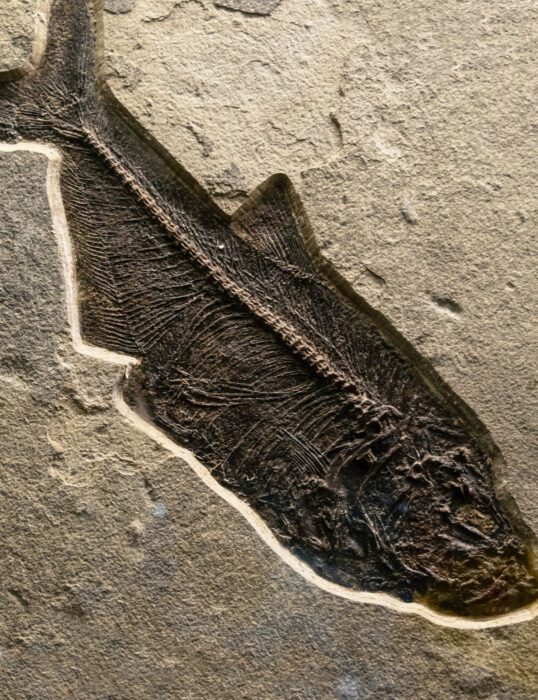Your archaeological career could take you to many parts of the world, as well as all over the UK. You could be commissioned to excavate sites before permission is given to build on them, or you could even be interviewed for the news when an exciting new artefact is discovered. As well as working on a dig, you have the option of carrying out lab work, completing the analysis of important finds.
Archaeologists discover all kinds of items that can tell us about how people lived and worked in the past. Tools can reveal the metals that were available and how things were built. Clothing can tell us about available materials and cultural traditions. Bones can tell us about people’s diets and health.



